Covid incidence in Cork significantly below national average
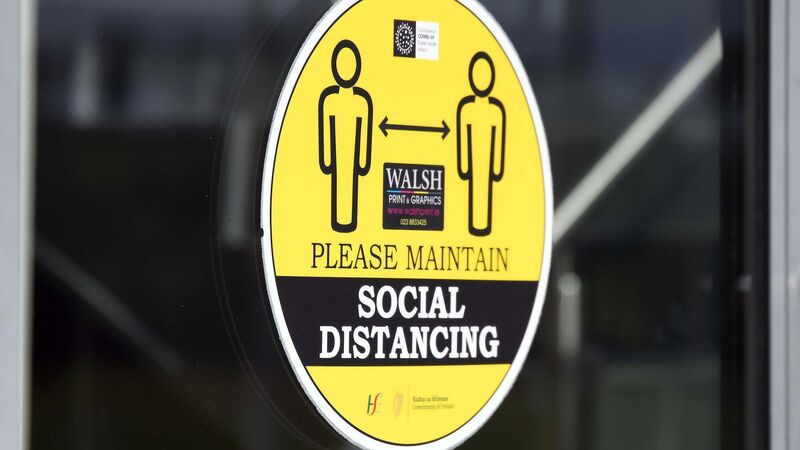
The national five day moving average of cases is 482 and in Cork that figure is 19. Picture Denis Minihane.
More than 200 cases of Covid-19 were reported in Cork in the 14 days up to July 7, however, the incidence of the virus in Cork remains significantly below the national average.
According to figures from the Health Protection Surveillance Centre (HPSC), 6,034 cases of the virus were uploaded to the Covid Care Tracker (CCT) between June 24 and July 07 nationally.
A total of 227 of these cases were reported in Cork.
The national five day moving average of cases is 482 and in Cork that figure is 19.
The national 14-day incidence of the virus was 126.7, however, the incidence in Cork was significantly lower at 41.8.
Donegal had the highest incidence at 389.5 while Carlow had the lowest incidence at 28.1.
This evening 576 cases of Covid-19 were reported in Ireland.
As of 8am on Sunday, there were 58 people in hospital, of whom 16 were in intensive care units.
Earlier today, it emerged that the Health Service Executive (HSE) is planning to utilise antigen testing for Covid outbreaks and for close contacts, its chief executive has said.
Paul Reid said the hospital system in Ireland is currently very busy due to the backlog caused by the coronavirus pandemic.
Mr Reid told RTÉ’s This Week programme: “What none of us want to go back to is those dark days in January when we had over 2,000 people being treated with Covid in hospital, and certainly the modelling from Nphet (National Public Health Emergency Team) presents huge issues for us in terms of hospitalisations.
“But our approach is, first of all, the vaccination programme, the public should take great assurance from."
“We are now ranking as the highest in the world in the last seven days for vaccines administered per 100 of the population, so that is the first line of defence," he said.
“Our plan is to continue the vaccinations down through the ages – so the 30s during July, then in August start opening it up to the 20s.”
He added: “We are planning to utilise antigen testing for outbreaks where they are very well proven and potentially also for close contacts, and indeed in the UK there are elements of self-swabbing in centres so we are looking at a whole range of initiatives.”
For those aged 60 and 70 waiting for their second AstraZeneca jab, they can expect to be fully vaccinated by the end of next week and early into the following week at the latest, Mr Reid said.
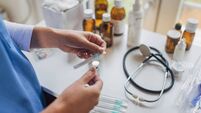
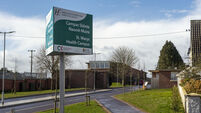
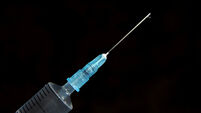
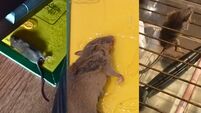
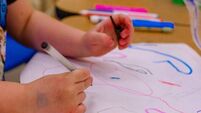


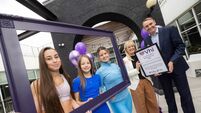
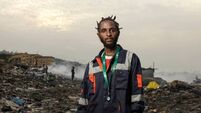

 App?
App?





